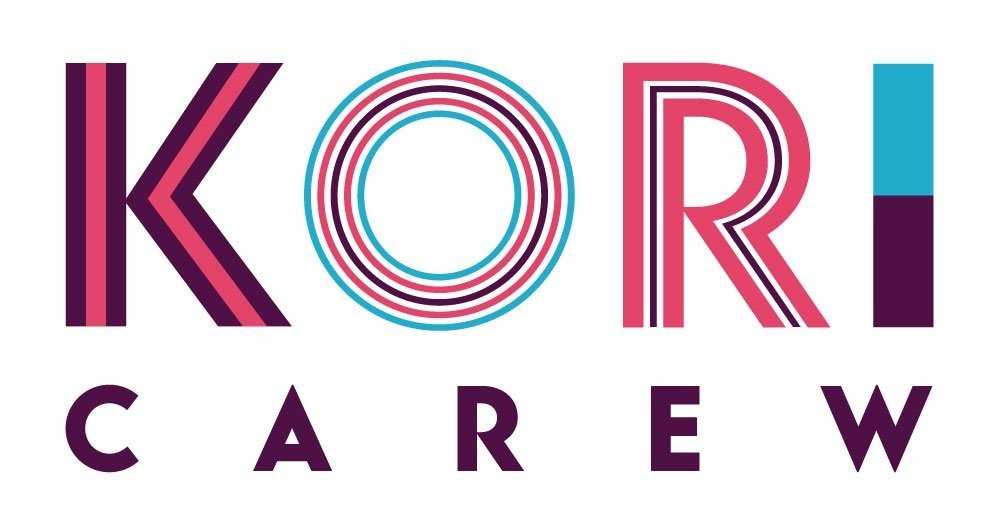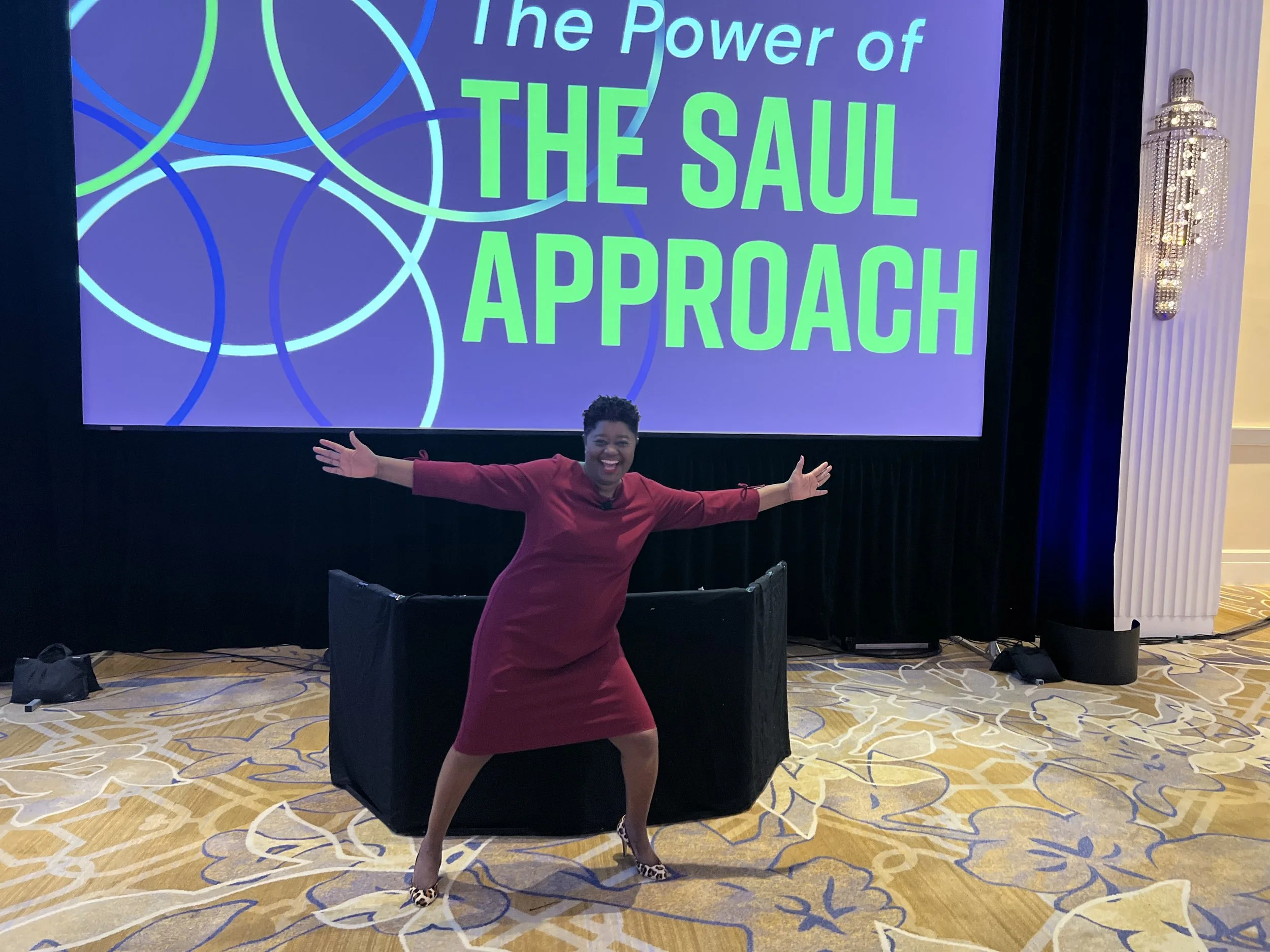Working from What Makes You Different or Weird: Strengths-Based Talent Development
“Strengths science answers questions about what’s right with people rather than what’s wrong with them.”
One of my favorite characters in the Bible is David. Over the last 25 plus years I have written — whether on some church blog, on my social media, or elsewhere — often about David. Imagine this — you feel called to enter into a fight with a giant who everyone else is afraid of, you reject the armor given you, and approach the giant with stones. You know that American saying of not taking a knife to a gunfight? How about not taking stones to a sword fight! Here is the thing about that story of David that Goliath and everyone else didn’t recognize until the battle was over — David went into that fight working from his strengths. He went in using skills he knew he had because of other fights he had won. Meryl Streep once said, “What makes you different or weird, that’s your strength.” So perhaps we should all get weird.
What if instead of working from a place of fixing our weaknesses, we worked from our strengths? This is an approach that you do not see in many performance management processes and certainly not on the evaluation forms which focus on highlighting what is wrong. It is certainly not the approach employment law litigators focus on when advising HR professionals to focus on documenting failure. Gallup research shows that when our talent development and management is strengths-based employees are six times more engaged, 3 times more productive, and the company experiences lower unwanted attrition. Building upon an employee’s strengths is significantly more effective in performance development than trying to improve their weaknesses. Bottom line - strengths-based cultures outperform others.
“What great leaders have in common is that each truly knows his or her strengths - and can call on the right strength at the right time.”
A 2021 survey by Gartner showed that 64% of lawyers were only moderately engaged at work. According to Gallup, training managers to focus on the strengths of their team members can double the number of engaged employees. Leveraging Strengths improves employee engagement. Working from our strengths also leads to improved health and wellness. We can leverage Strengths to fight burnout.
The wide ranging benefits of working from our strengths is why it is so exciting that Saul Ewing LLP is focused on creating a strengths-based culture. Led by the Talent team under the leadership of Chandra Kilgriff and the Director of Coaching and Well-Being, Certified Gallup Strengths Coach Sheri Zachary, the firm invited all partners and associates to take the CliftonStrengths assessment. Training on moving from understanding your talents to being strengths -based was rolled out firmwide.
I was honored to train the firm’s partners in Spring 2023 on mentoring across differences at the invitation of Chelsey Parrott-Sheffer, Director of Professional Development and Julia James, Diversity, Equity and Inclusion Manager. Later at the Partner Retreat in Fall 2023 I was honored to deliver a plenary opening session on inclusive leadership. In both sessions we incorporated CliftonStrengths and well-being. As the firm continues this work, all professionals will take the assessment, and the firm will leverage CliftonStrengths and integrate it into performance management supported by coaching. The firm is also doing important work on well-being that integrates resources from Gallup on Employee Well-being. Gallup research, resources and tools on well-being complements Strengths-based performance management and employee engagement. Kudos to Saul Ewing for being an innovator in not only integrating a Strengths-based approach but integrating well-being and inclusive leadership development into its strategic plan, programming and culture.
Speaker, Kori Carew, with some members of the Talent team and Saul Ewing Partners
Understanding our individual Strengths and leveraging them across the organization is not just an exercise in intellectual curiosity. Understanding and practicing emotional intelligence while integrating Strengths helps us improve communication, leadership, team cohesion, team performance and inclusion and belonging. At its core, it is an element of self awareness which allows a basis for self management and growth.
At the end of the day we cannot reach our full potential, be our best, and thrive when we are not leveraging our Strengths.
If you are interested in learning how you can integrate a Strengths-based approach into your talent development and management approaches, want a keynote or training on leveraging Strengths into leadership development, want a keynote or training on the intersections between belonging, holistic well-being and engagement, or want to create a cohort based leadership or DEI program integrating Strengths, contact me. Let’s be our best selves together.




